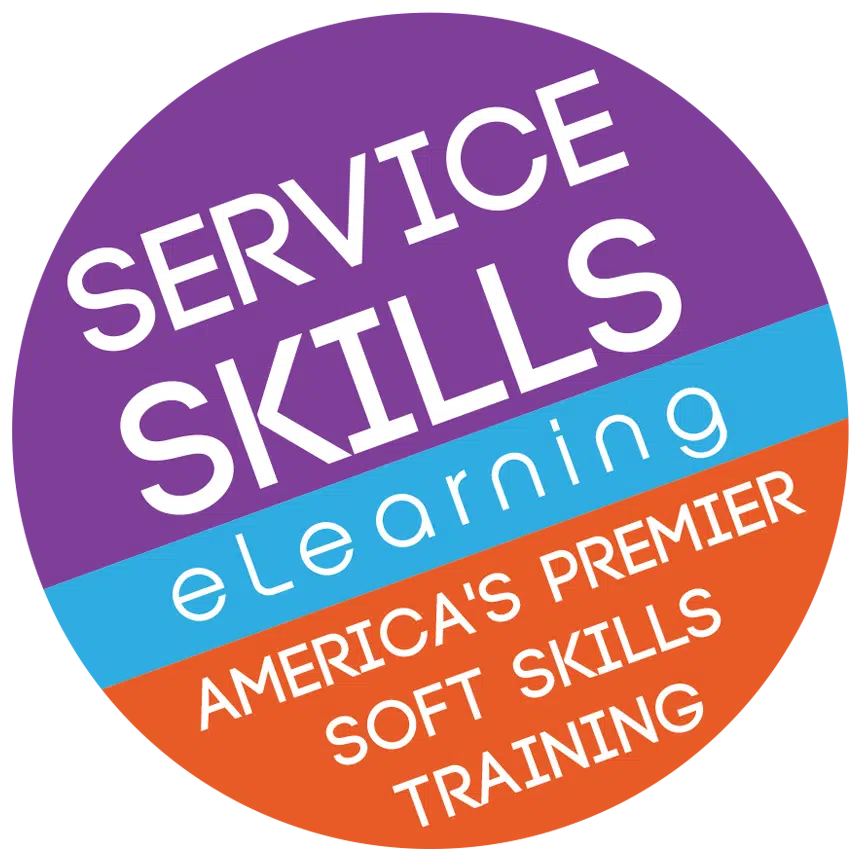Soft skills are the personal attributes that enable someone to interact effectively and harmoniously with others. They include communication, teamwork, problem-solving, and customer service. In the home health nursing industry, soft skills are essential for success. Home health nurses must be able to communicate effectively with patients and their families, as well as with other healthcare professionals. They must also be able to work well as part of a team, as they often care for multiple patients at once. And they must be able to solve problems effectively, as they often encounter difficult situations while on the job.

Employee soft skills training can help home health nurses develop the skills they need to be successful in their careers. By investing in soft skills training, home health agencies can attract and retain top talent, improve patient care, and increase customer satisfaction.
Here are some of the benefits of employee soft skills training for the home health nursing industry:
- Attract and retain top talent: Soft skills training can help home health agencies attract and retain top talent by making them more competitive in the job market. Employees with strong soft skills are more likely to be sought after by employers, and they are also more likely to be happy and productive in their jobs.
- Improve patient care: Soft skills training can help home health nurses improve patient care by making them more effective communicators and problem-solvers. Home health nurses with strong soft skills are better able to build relationships with patients and their families, and they are also better able to identify and address the needs of their patients.
- Increase customer satisfaction: Soft skills training can help home health nurses increase customer satisfaction by making them more effective customer service providers. Home health nurses with strong soft skills are better able to answer questions and address concerns in a timely and professional manner, and they are also better able to build trust and rapport with customers.
Here are some tips for developing employee soft skills training programs:
- Identify the soft skills that are most important for your employees: The first step in developing an employee soft skills training program is to identify the soft skills that are most important for your employees. What are the skills that they need to be successful in their roles? Once you have identified these skills, you can then develop training programs that will help them develop these skills.
- Make sure your training programs are relevant: Your training programs should be relevant to the needs of your employees. Make sure that the skills that you are teaching them are the skills that they will actually use in their jobs.
- Make your training programs interactive: Interactive training programs are more effective than traditional lectures. When employees are able to interact with the material, they are more likely to remember it and use it in their jobs.
- Provide feedback: It is important to provide feedback to your employees on their progress. This feedback will help them identify areas where they need to improve, and it will also help them track their progress over time.
- Make your training programs ongoing: Employee soft skills are not something that you can learn once and then forget about. Employees need to continue to develop their soft skills throughout their careers. Make sure that your training programs are ongoing so that employees can continue to develop their skills.
Give your staff the skills to handle every interaction with confidence, professionalism and care. Try ServiceSkills for free by entering your office email below.

4.8/5 stars from hundreds of reviews










